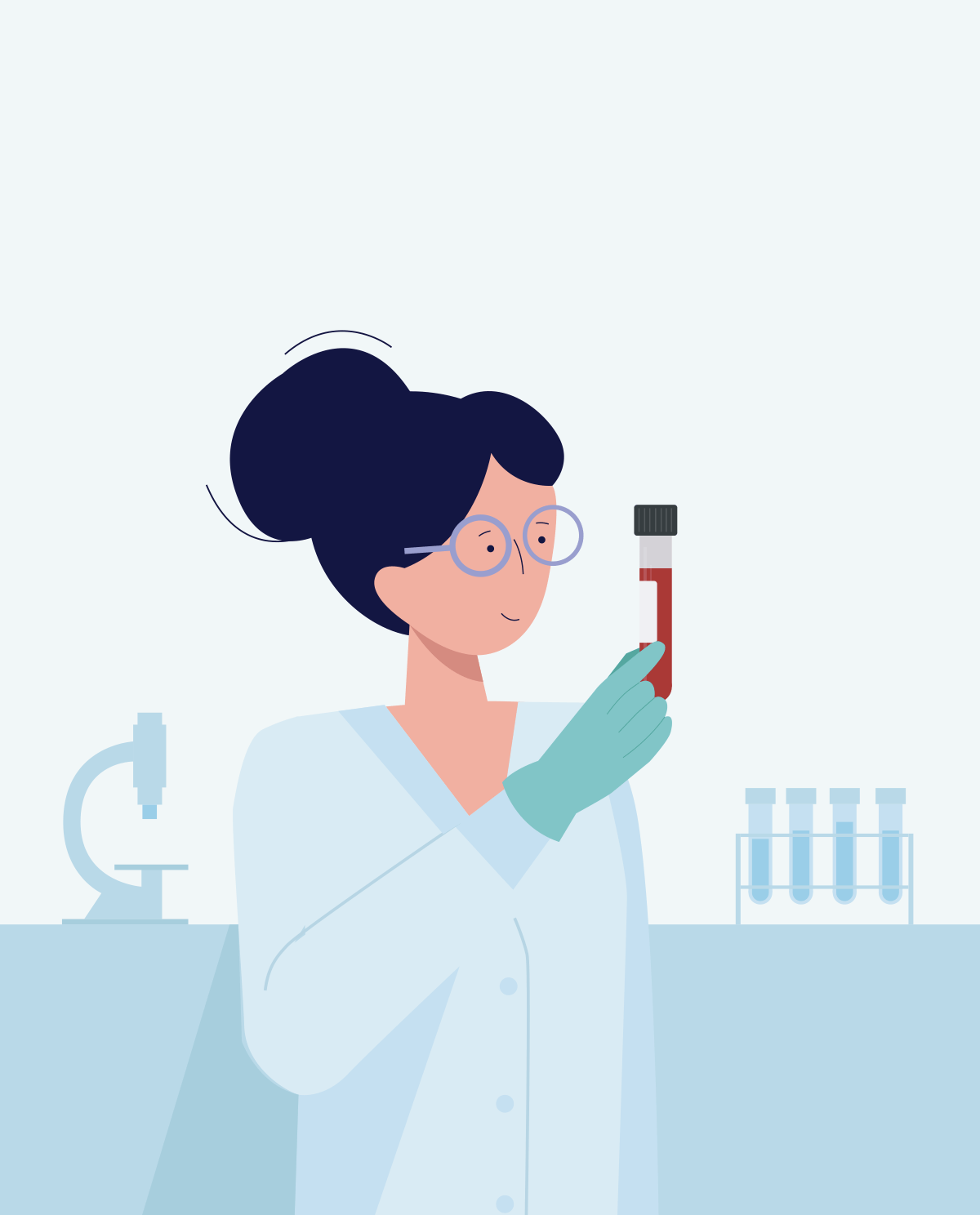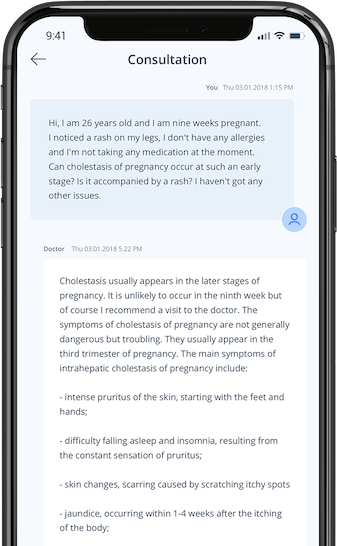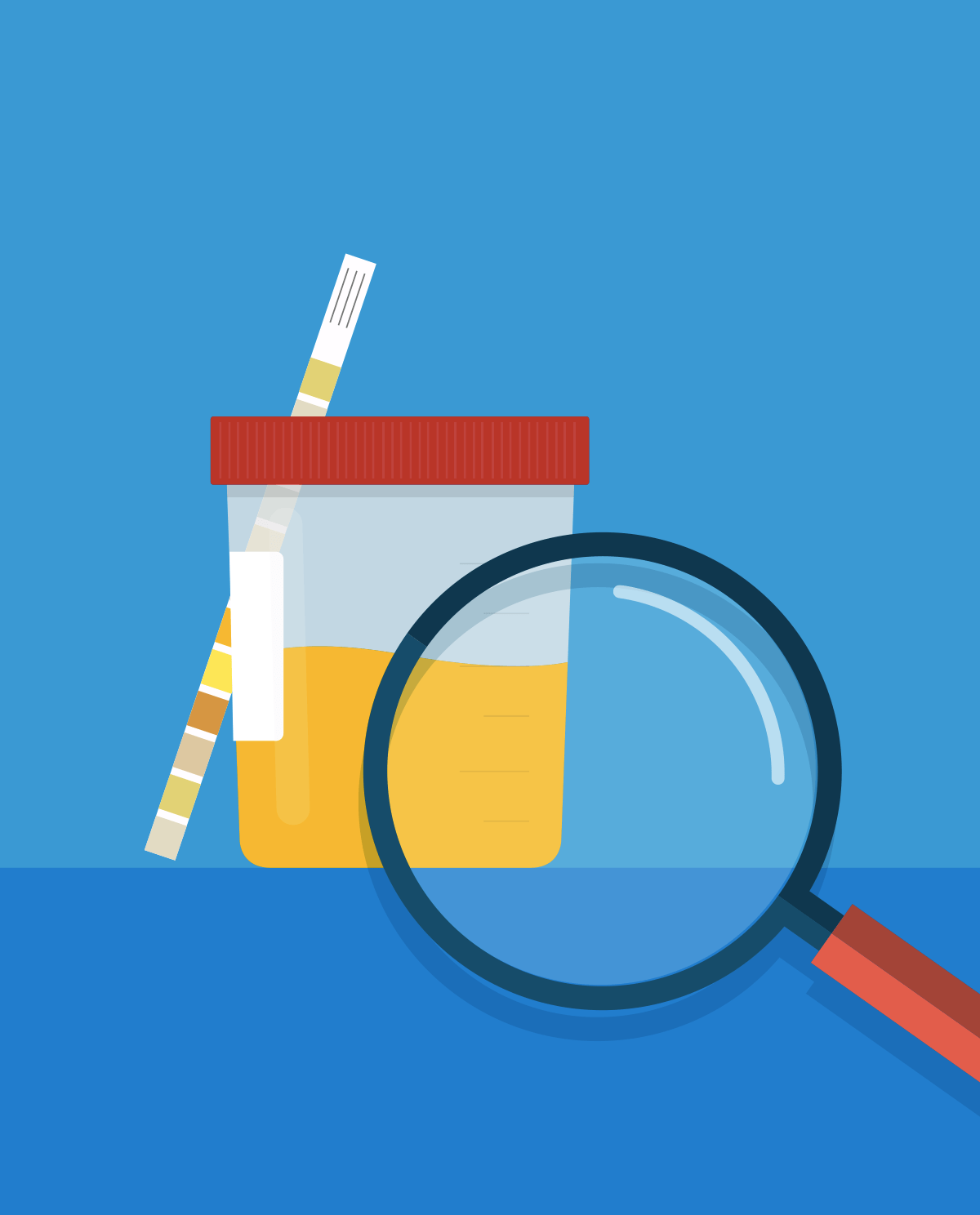- 1. We should perform tests in the morning
- 2. We should perform tests on an empty stomach
- 3. Some medicines should be discontinued
- 4. Physical effort
- 5. Alcohol and cigarettes
- 6. Relax and avoid stress
- 7. Take hormones on the right days of the cycle
- 8. Collection of urine and faeces
- 9. Samples for cultures
- 10. Proper description of samples
Inadequate preparation for testing, sampling and storage may result in false results. Therefore, when you go to the laboratory, you need to remember a few basic rules:
1. We should perform tests in the morning
You should register for blood in the morning, preferably between 7:00 and 10:00. This is important because the human body is subject to variations depending on the time of day, which is also reflected in some laboratory values. Due to the secretion of certain substances, some tests should always be performed at the same time. In the case of urgent medical examinations and/or tests ordered by a doctor, blood may be taken at other times of the day. Tests should be performed in the morning due to the variability of parameters during the day: aldosterone, ACTH, zinc, DHEA, erythropoietin, estriol, phosphorus, growth hormone, FSH, cortisol, LH, copper, potassium, prolactin, 17-OH-progesterone, PTH, TSH, iron.
2. We should perform tests on an empty stomach
The term fasting means the state after about 12 hours not eating meals and fluids. Remember to refrain from drinking coffee, tea or chewing gum. You should avoid sudden changes in diet in the form of fasting or heavy and fatty meals the day before the examination. Only a small amount of non-carbonated water can be drunk before the test. Providing the body with calories before the test may cause the results to worsen in the form of an increase in glucose or cholesterol. Caffeine will also increase the sugar levels, while a meal full of fats and sugars eaten the day before the planned examination can also raise triglyceride levels. Fasting isn’t a good idea because the body starts to use its own protein, especially with a small supply of fat. This can lead to glucose levels being too low and even to increased amounts of ketone compounds or a reduction in iron and hemoglobin levels.
Studies to be carried out on an empty stomach with special regard to a 12-hour break from the last meal and fluids are: cholesterol, lipidogram, glucose, glucose tolerance test, cortisol, folic acid, ferritin, iron, phosphorus.
Testing, which is recommended in the morning on an empty stomach: study of the coagulation system (PT, APTT, fibrinogen, INR), liver enzymes (AST, ALT, ALP, LDH), total protein, bilirubin, creatinine, uric acid, peripheral blood count, magnesium urea, OB, calcium.
3. Some medicines should be discontinued
When taking medicines and dietary supplements, patients should consult a physician about the time they are taken on the day of collection. When monitoring a drug, the blood is collected before the next dose. Each of the medications or dietary supplements will have a slightly different influence on the test results. As an example, you can use acetylsalicylic acid (aspirin), which reduces the prothrombin time and increases INR. Popular furosemide underestimates the levels of ALT and AST and inflates the results of the FT3 and FT4 thyroid hormone tests. In contrast, high doses of vitamin C may increase the level of bilirubin and liver function tests and lower the level of glucose.
4. Physical effort
It is recommended that you avoid any intense physical exercise the day before a test, it’s also a good idea not to stand for extended periods of time. The tests should be performed after standard activity during the day and a restful night. After exercise, due to the increased consumption of energy substances, the level of glucose and triglycerides decreases. Too much exercise a day before the examination may also result in the elevation of such parameters as: liver function tests, LDH activity and CPK level (protein released into the blood from the muscles). Standing longer than usual in the same position is often manifested by orthostatic proteinuria, i.e. an increased amount of protein in the urine.
5. Alcohol and cigarettes
The day before the test you should avoid alcohol consumption and the use of other stimulants. On the day of the study, however, it is recommended that you stop smoking at least 1 hour before blood sampling. Consumption of even a small amount of alcohol on the day before the test can lead to an increase in GGTP activity and disorders of lipidogram and liver function tests. Under the influence of smoking cigarettes change oxygen saturation blood, which affects the concentration of hemoglobin and the number of red blood cells.
6. Relax and avoid stress
Immediately before giving blood, patients should relax in a seated position (about 15 minutes) and avoid stress. When you stand for long periods of time, fluids move from the inside of the vessels to the intra-tract space and blood thickens. In laboratory tests, this can be expressed by increasing the hematocrit, the number of red and white blood cells and increasing the concentrations of: protein, cholesterol, calcium and magnesium. In addition, both physical effort and mental stress cause the body to stimulate and release adrenaline. Therefore, a blood test preceded by physical effort or severe stress will manifest itself in the form of elevated blood glucose.
7. Take hormones on the right days of the cycle
Collection of blood for sex hormones should take place on the relevant days of the monthly cycle.
8. Collection of urine and faeces
Samples of urine, faeces and other materials should be collected according to the instructions of the physician or in accordance with the instructions given by the laboratory to specially prepared disposable containers (available at the pharmacy). Incorrect sampling may result in contamination in the form of bacteria coming from intimate parts, or in the admixture of menstrual blood.
9. Samples for cultures
Samples for microbiological and mycological tests should only be taken using sterile containers and delivered to the laboratory as soon as possible after being collected (approximately one hour). Placing a sample into a non-sterile container will result in a false result, stating the presence of bacteria in the urine. However, if the storage is too long, the bacteria will multiply. Both of these situations may result in the prescription of an unnecessary antibiotic.
10. Proper description of samples
Containers with samples of urine, faeces and other materials should be legibly signed with the first and last name of the person from whom they were collected and the time of collection. Time of collection is important due to changes that occur depending on the time of storage of samples. For example, the long storage time of urine may result in the growth of bacteria in it.
- Interna Szczeklika 2018 Handbook of Internal Diseases. Authors: Piotr Gajewski, Andrzej Szczeklik. Publisher: Medycyna Praktyczna.
- Bulletin of the Polish Society for Laboratory Diagnostics.
- "What can falsify research results?" Monthly "Zdrowie" Interview with Anna Jarosz from dr. n. farm. Leszek Borkowski.
- http://www.mp.pl
- https://www.mp.pl/pacjent/badania_zabiegi/99884,morfologia-krwi








